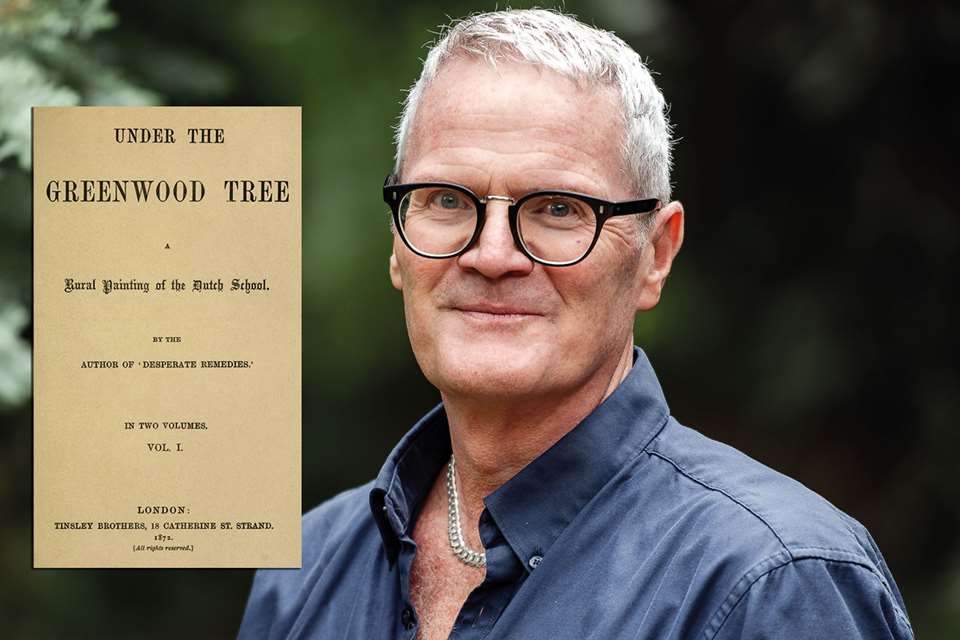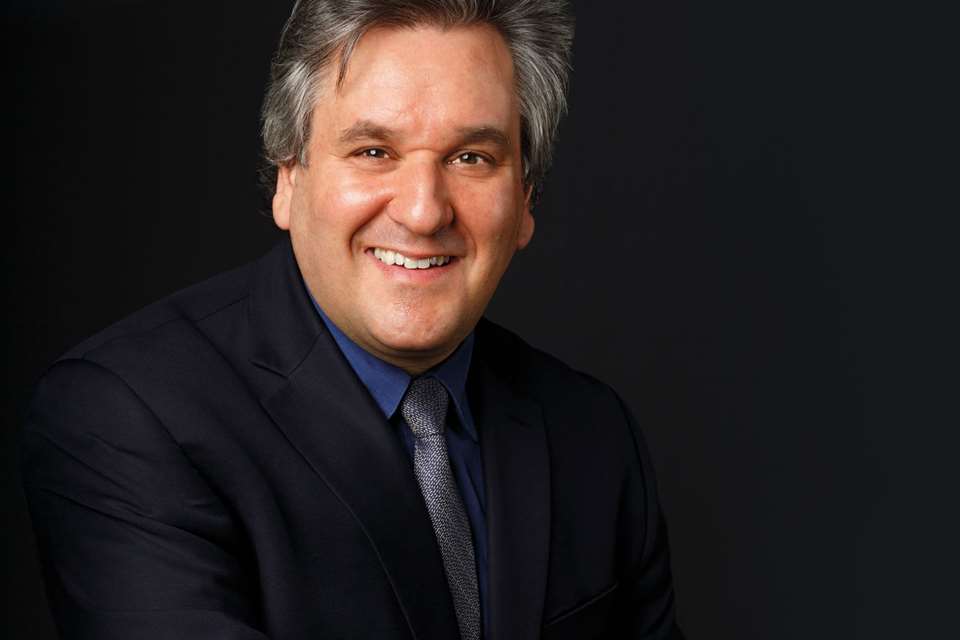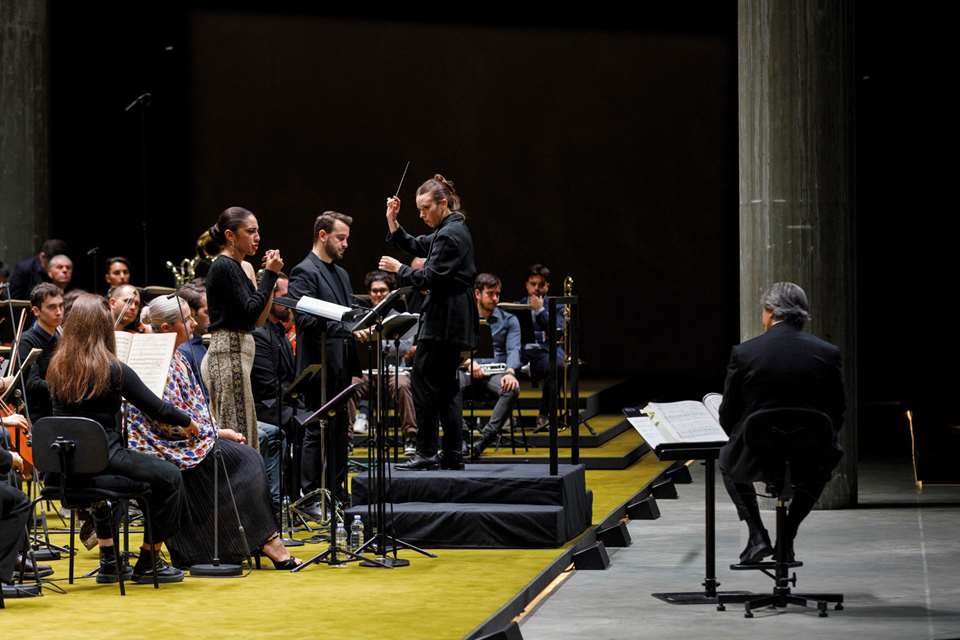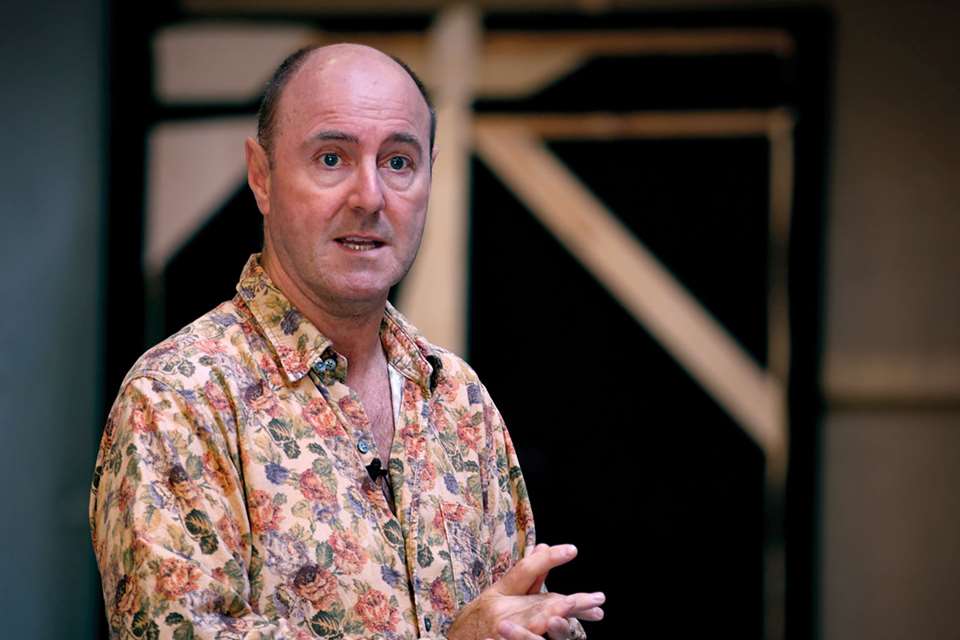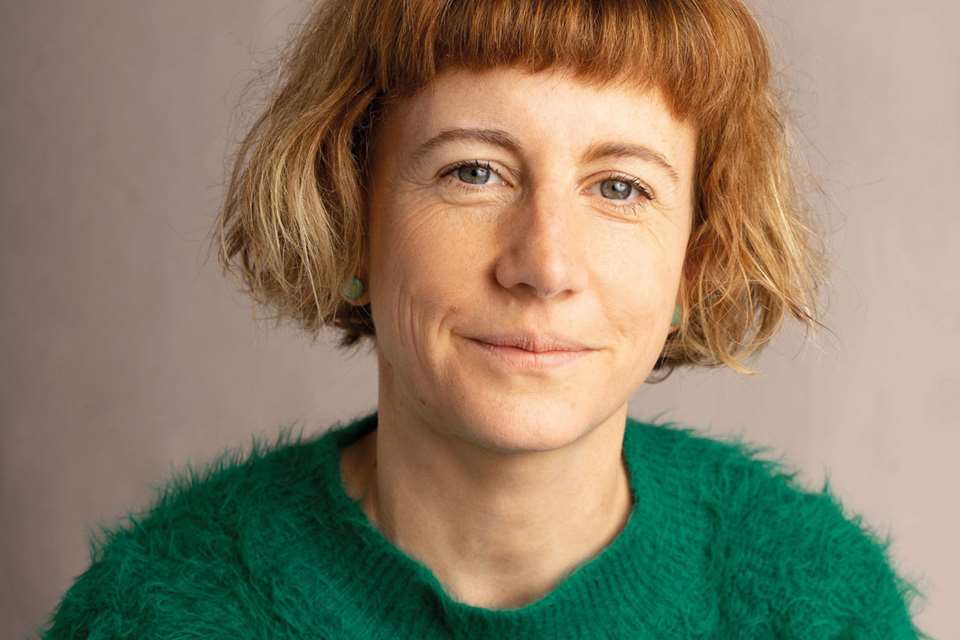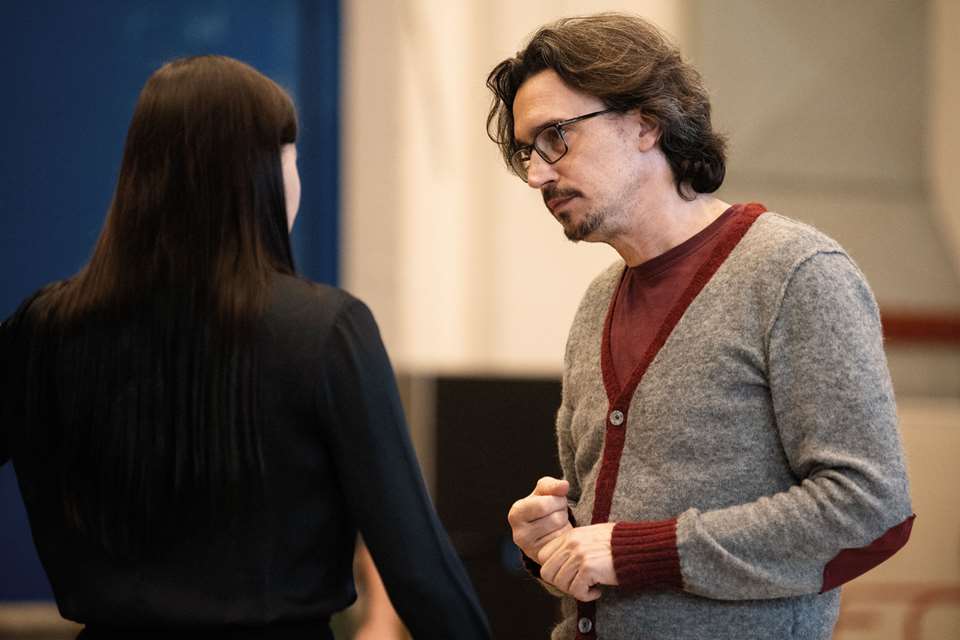Wellness at Welsh National Opera
Thursday, April 4, 2024
Meeting April Heade, the producer of Welsh National Opera’s successful wellness programme, which uses the power of singing to support individuals with chronic health conditions
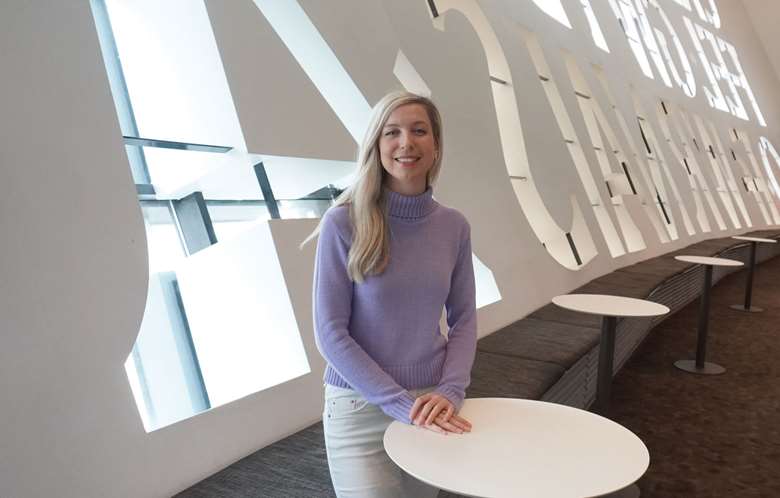
Register now to continue reading
This article is from Opera Now. Register today to enjoy our dedicated coverage of the world of opera, including:
- Free access to 3 subscriber-only articles per month
- Unlimited access to Opera Now's news pages
- Monthly newsletter




